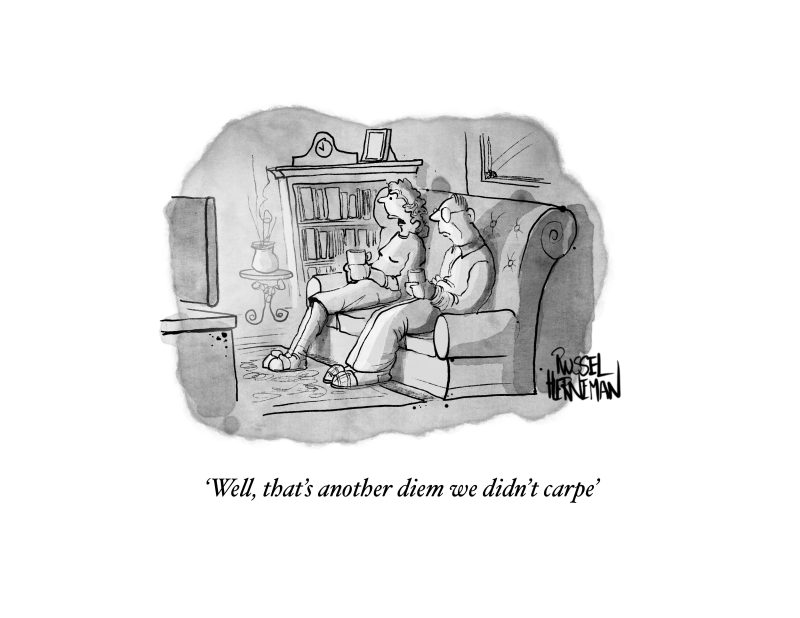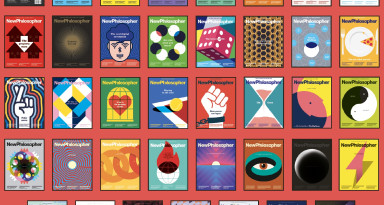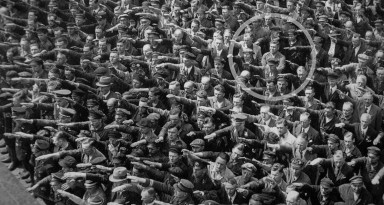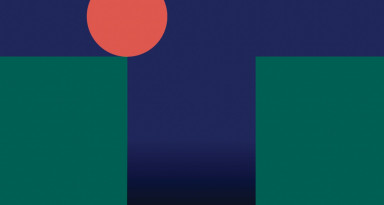If Danish philosopher Søren Kierkegaard were alive today, and had his own social media account, he probably wouldn’t get many likes. The eccentric writer of books including Fear and Trembling and The Sickness Unto Death, was often insulted and ridiculed by those who knew him, and almost nobody read his books in his day. Kierkegaard never got married or had children, he hardly ever travelled, and he had contempt for politics. Instead, he explored the human condition of suffering and despair, writing volumes of manuscripts about it. He writes: “Just as the physician might say that there lives perhaps not one single man who is in perfect health, so one might say perhaps that there lives not one single man who after all is not to some extent in despair, in whose inmost parts there does not dwell a disquietude, a perturbation, a discord, or dread of himself.”
Kierkegaard’s thoughts, although unpopular in his day, have been rigorously examined by academics, philosophers, and psychologists ever since. His contribution to the philosophical canon cannot be understated. But had Kierkegaard posted his words on social media and received the usual vitriol, or silence, in response, his despair would have no doubt deepened. A ‘follower’ of Kierkegaard might have recommended that he see a therapist. That’s because social media is not the place for new ideas or novel thinking.
In a report titled Social Media and the Spiral of Silence, the Pew Research Center found that people are more willing to state their opinions on social media if they feel that their opinions are in line with what their followers think. Possibly controversial or novel ideas are best kept secret for fear of ridicule or bullying, or worse being silenced by those who once ‘loved’ or ‘liked’ them. Furthermore, a person who feels that their ideas may clash with the group’s norms is also more likely to keep tight-lipped out in public, say at a restaurant. The result of this self-censorship and silencing is that fewer novel ideas are tested, and thought over time can become caged and restrained.
The trouble with the popularity contest that is social media is that the system praises conformity and suppresses the courage to be different. It brings to mind Kierkegaard’s quip: “People demand freedom of speech as a compensation for the freedom of thought which they seldom use.”

From the 'News from nowhere' section of the Courage edition, which is available as a single from our online store or via annual subscription.






